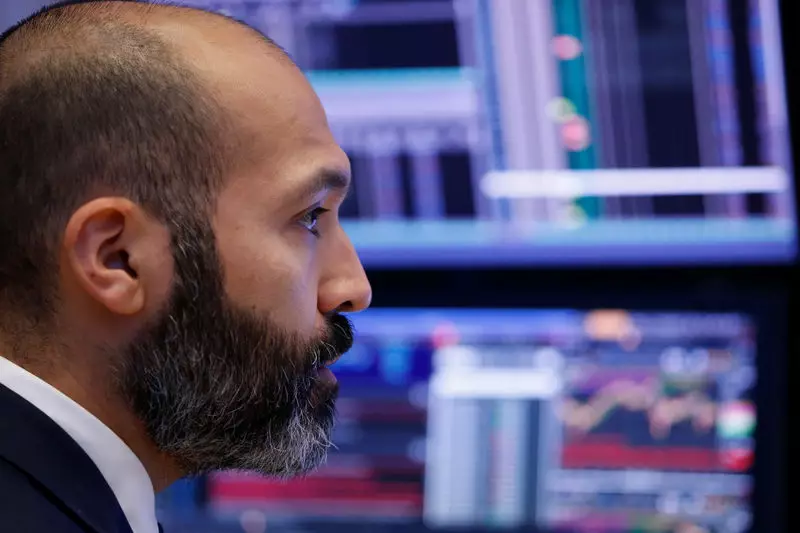In the volatile world of cryptocurrencies, few events have made an impact as significant as the sudden failure of FTX, once hailed as a pillar of stability in a tumultuous industry. With a peak valuation reaching $26 billion during the crypto boom, FTX’s collapse in November 2022 sent shockwaves throughout the financial landscape, undermining both investor confidence and the regulatory framework surrounding digital currencies. At the epicenter of this storm, Caroline Ellison, the former CEO of Alameda Research and a close associate of FTX founder Sam Bankman-Fried, now faces the consequences of her involvement in this historic fraud. As her sentencing approaches, the critical narrative surrounding her actions and those of her former partner unfolds.
Caroline Ellison has pleaded guilty to seven serious felony charges, including fraud and conspiracy, making her a pivotal figure in the unraveling of FTX. Her cooperation with federal prosecutors paints a dual image of remorse and accountability, significantly diverging from the narrative offered by Bankman-Fried, who continues to maintain his innocence. As the former executive prepares to learn her fate, her anticipated leniency due to cooperation raises questions about justice in high-stakes financial crimes.
Ellison’s sentencing is a reflection of the broader implications of corporate accountability and individual responsibility. While her actions contributed directly to the loss of approximately $8 billion in customer funds, her decision to speak out against Bankman-Fried places her at the crossroads of victimhood and complicity. The legal community watches closely as U.S. District Judge Lewis Kaplan prepares to determine the extent of her punishment, which could range significantly from the maximum penalty of 110 years in prison.
In the eyes of the legal system, cooperation can significantly influence the outcome of a case. Prosecutors have already suggested that Ellison’s testimony and willingness to assist paint her as a remorseful figure, deserving of leniency compared to Bankman-Fried’s vehement denials. The U.S. Attorney’s office underscored her “extraordinary” cooperation in investigating FTX’s downfall and her willingness to accept responsibility for her role, which complicates public perception. Analysts argue that her case could define the contours of justice for others in similar positions within the rapidly evolving crypto industry.
Her tearful testimony at Bankman-Fried’s trial revealed not only her regret over the fraudulent actions but also shed light on the emotional toll of leading a scandal-ridden organization. Ellison’s declaration of feeling “indescribably bad” captures the personal conflict experienced by many within corporate structures; the pressure to conform may pressure individuals into morally questionable decisions, ultimately leading to devastating fallout for investors and customers alike.
The FTX saga serves as a cautionary tale not solely for cryptocurrency but also for corporate ethics as a whole. It underlines the importance of accountability and transparency, especially given that the cryptocurrency arena has often been beset by a lack of regulation and oversight. While Bankman-Fried’s conviction points to a significant moment in prosecuting white-collar crime, it also reinforces the need for stronger regulatory frameworks to protect investors from rampant fraud.
Ellison’s upcoming sentencing is just one piece of a much larger puzzle involving other former top executives of FTX, such as Nishad Singh and Gary Wang, who also face legal repercussions for their roles in the scandal. The outcomes of their cases will likely influence perceptions of justice in corporate environments and the extent to which individuals can evade consequences by opting to cooperate when scandals erupt.
As Caroline Ellison anxiously awaits her sentencing, the financial and regulatory landscapes are poised for change. The FTX fraud serves as a critical learning opportunity—not just for investors, but for the broader financial ecosystem grappling with the nuances of cryptocurrency. This event emphasizes the need for greater regulatory scrutiny and ethical accountability in emerging financial instruments. The repercussions of Elizabeth’s actions, alongside those of her former colleagues and partners, will resonate throughout the cryptocurrency world, setting precedents that will shape the industry’s future, ensuring that justice not only serves to punish but also to educate.


Leave a Reply